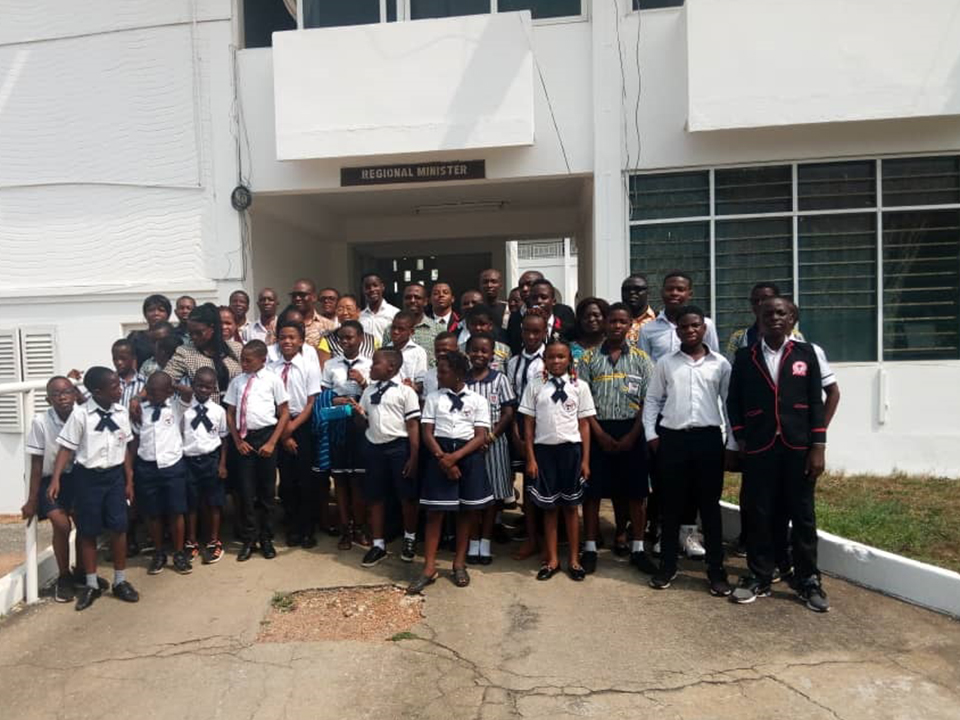The refurbished laboratory forms part of the United States Agency for International Development (USAID) and UCC 5.5-million-dollar five- year fisheries and coastal management capacity building support project (2014-19).
Madam Ayittey commended the USAID for the financial and technical assistance which had made it possible for the project to be executed on schedule.
She said the government had identified the fisheries sector as very important, because it has the potential to contribute significantly to employment, GDP, foreign exchange earnings, nutritional requirement, raw materials for industry, food security and poverty reduction.
The Minister said the government was very much committed to work with the University of Cape Coast towards the establishment of a Fisheries College at Anomabo, adding, “we are grateful for the contribution of UCC in developing and approving the academic curricula for the College”.
Ms Ayittey pointed out that fishing was a major economic activity along the coast and that fish capture, processing, marketing and associated services, constituted a significant source of livelihood in Ghana, with the sector generating more than one billion dollars in revenue each year, and accounted for at least 4.5 per cent of Ghana’s GDP.
Dr Denis Worlanyo Aheto , Project Manager, explained that the purpose of the project was to strengthen capacity for sustainable fisheries and coastal resource management, as well as support the government to achieve its middle income objectives of poverty reduction and food security, and resuscitate the coastal fisheries resources.
He said under the project, 22 different activities which include improved infrastructure, such as renovating and equipping the fisheries and coastal research laboratory, refurbishing and equipping offices for lecturers /computer rooms and libraries, increased technical and scientific knowledge through academic and technical staff capacity building, develop manual and update training materials on climate change adaption and mitigation as well as engage policy makers to address coastal fisheries issues, would be executed .
Others are the operationalization of the centre for coastal management, support for postgraduate (M.PHIL and PhD) training programmes, undergraduate Research grants, increased marine and coastal research and resource assessment, develop marine and coast fisheries database, research on fish and shellfish of commercial value, as well as conduct research and assessment on marine fisheries governance issues.
Professor Paul Nelson Buah, Pro-Vice Chancellor of UCC, pointed out that Ghana’s marine ecosystem had continuously supported high fish yield at least since the early 70s, until when the fisheries production declined.
He attributed the fish decline to a number of challenges which include illegal, unreported and unregulated fishing, bad practices such as the use of dynamite, chemical and light fishing, and pollution of water bodies through illegal small-scale mining, over-capitalization of the sector and inadequate monitoring and enforcement of fisheries regulations.
He was happy that the project would further strengthen the Department of Fisheries and Aquatic Science to train more students, and that it would also help to make the Centre for Coastal Management in the University fully operational to deliver on its vision of capacity building, research and extension.
Posted Jun 18, 2015 at 9:56am
GNA
Source: gbcghana.com

